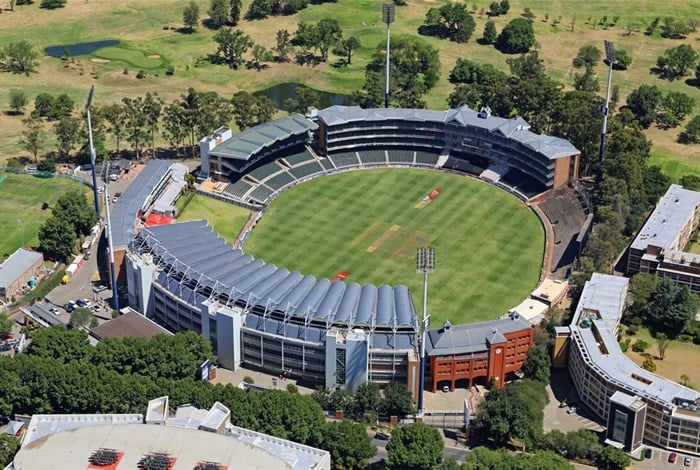
Top stories





Marketing & MediaWarner Bros. was “nice to have” but not at any price, says Netflix
Karabo Ledwaba 2 days

More news

Logistics & Transport
Maersk reroutes sailings around Africa amid Red Sea constraints












To contextualise the reason for engaging in a hard topic of this nature, we’d need to back track to a year and a half ago, in which 2020 was marred with a heightened sense of racial tensions across sporting codes. The #BlackLivesMatter movement triggered unresolved racial issues within the South African democratic narrative and discourse suggested that players had some sort of moral obligation to speak out and share their personal stories of alienation in various sporting codes.

This put a lot of pressure and may have distracted players from the game. What cannot be undermined, is the energy this public discourse brought into teams, the changing rooms, a sense of hostility and strained relations.
Simply put, the game became highly political, at times, killing team morale and translating to performance.
The questions that get raised amidst this debate surrounding the need for transformation and inclusion of more athletes of colour are, “How can South Africa build on Nelson Mandela’s legacy, in which a nation divided witnessed the unifying power of sport back in 1995?” “How can we better humanise the #BlackLivesMatter movement in relation to talented South African athletes of colour?”
For such questions to be answered in a positive light, it’s important to reflect on how this topic has unfolded in recent years, taking the positive lessons on how this has affected sport in our country – for the good of the game, the players and the fans. One example is how Rassie Erasmus developed a world cup winning rugby squad which featured team members of colour who played a key role in the overall Springbok victory.
It’s unpacking these sorts of discussions which has brought about the need for bringing influential South African sports figures together in an effort that aims to conjure up solutions that ultimately pave the way for increased inclusivity in sport, so it continues to play the important role as a social unifier across our country.
We kick-start the first event of a series of discussions starting on Wednesday 21 July 2021. Click on link to RSVP and receive and email with the link to the event.